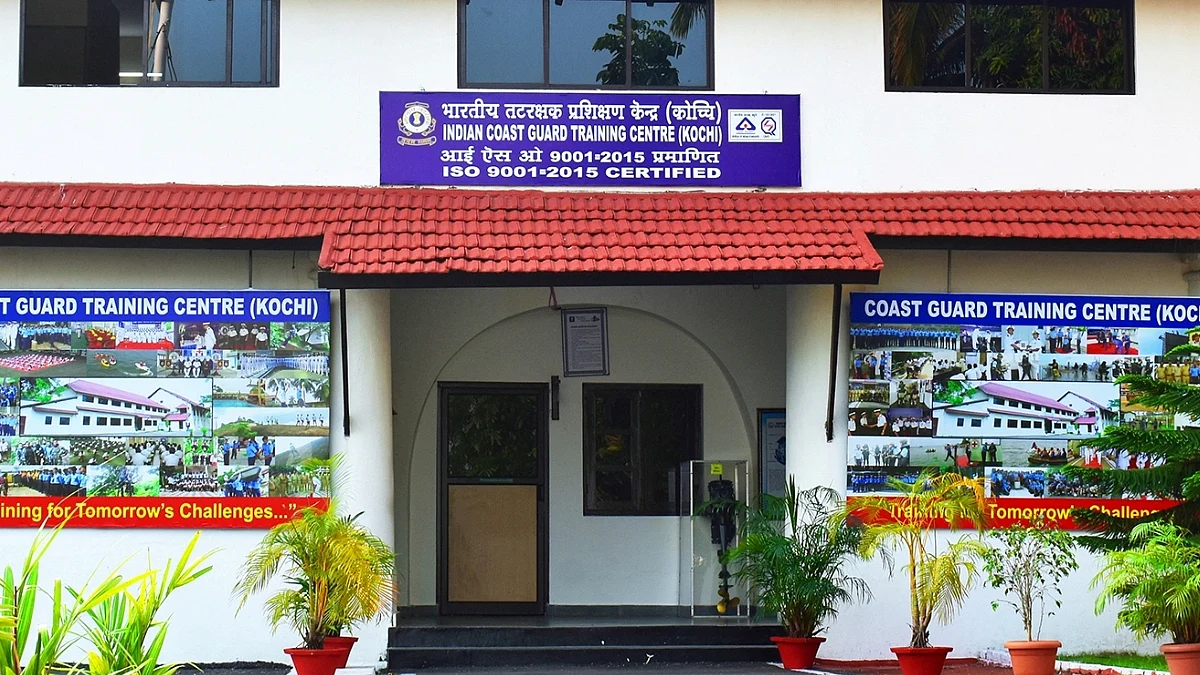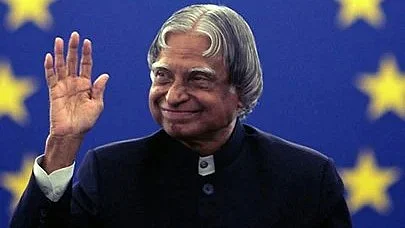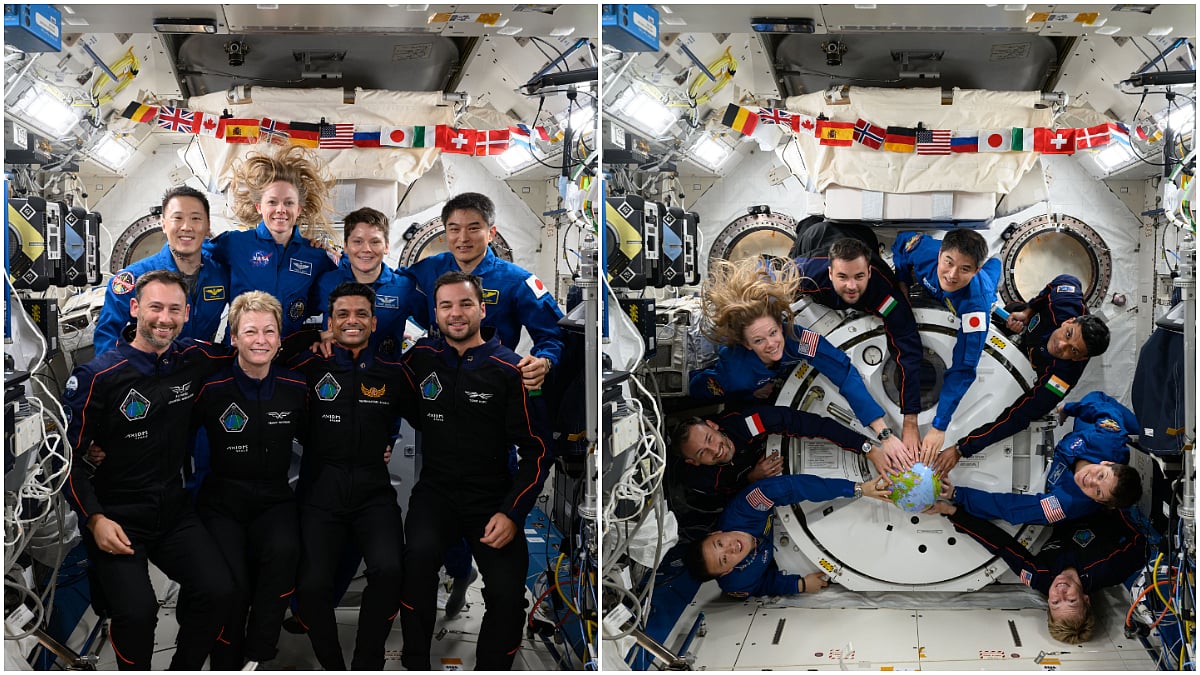People are more willing to get a COVID-19 vaccination when they know how many other people in their community plan to get one, researchers report.
Public health messaging that touts the accurate percentage of people who intend to receive vaccines is more effective than a campaign focused on the dangers of refusing vaccination.
That’s according to a pair of new research papers that make use of a longitudinal study about COVID behavior around the world—one of the largest academic social science surveys ever conducted.
The survey assessed people’s knowledge about COVID-19, their beliefs about and use of preventive behavior, and what they believe about others’ behavior. The survey found that people severely underestimate vaccine uptake in their communities.
Correcting those mistaken beliefs has major benefits.
“Our study shows that accurate information about what most other people are doing can substantially increase intentions to accept a COVID-19 vaccine,” says Avinash Collis, assistant professor of information, risk, and operations management in the McCombs School of Business at the University of Texas at Austin and coauthor of the two papers.
REALITY OR BELIEF?
Collis and researchers at Massachusetts Institute of Technology’s Initiative on the Digital Economy fielded a survey of nationally representative samples of Facebook users from July 2020 to March 2021. Facebook provided the survey sample and placed survey ads in the users’ newsfeeds. More than 2 million responses in 67 countries make it one of the largest academic social science surveys ever conducted.
Collaborating with the World Health Organization and Johns Hopkins University, the researchers wanted to create a resource that could be shared with policymakers worldwide during the pandemic. The survey data already has been used to analyze risk perception, attitudes about preventive behaviors, and trust in information sources among communities around the world.
Other papers have used their data to explore vaccination campaigns and political trust in Latin America, understanding drivers of vaccine hesitancy in South Asia, and promoting hand-washing in sub-Saharan Africa. Over 40 papers have been published by research teams across the world using this data.
In the first study, published in the journal Nature Human Behavior, researchers detailed the survey design and some initial findings. Among their insights: Local health workers are the most trusted sources of COVID-19 information, but in most countries, they don’t serve as public information sources. Politicians do—and they are the least trusted.
That study also found that respondents think far fewer of their fellow citizens would take the vaccine compared with reality. Collis and his colleagues investigated that with a randomized controlled trial embedded in the survey.
In the next study, published in Nature Communications, the researchers asked about 500,000 people in 23 countries whether they were going to get the vaccine.
When participants were given accurate information about how many other people planned to get vaccinated, some of those who were previously opposed to vaccination or were undecided changed their response to “yes”—a “substantial” increase of 5 percentage points, the researchers write.
INFO BOOSTS VACCINE ACCEPTANCE
With some pandemic safety behaviors, such as mask wearing and social distancing, people can get a good idea of the level of behavior compliance in their community just by looking around.
But this type of information gathering is not possible with vaccines, so people turn to readily available sources—often public health campaigns and media—that often give an inaccurate and discouraging impression that underestimates vaccination use in the community.
The better way to significantly boost stated intentions to vaccinate is through simple campaigns based on true numbers, Collis says. Although his research did not get much into the psychology of vaccination, Collis thinks wide coverage of vaccine hesitancy or opposition may lead people to underestimate vaccine acceptance in their communities. “But once they know that the majority has already received or are going to get the vaccine, they feel safer to get the vaccine,” he says.
“That’s the main takeaway—that information campaigns informing people about vaccination norms in their community can increase vaccination uptake,” he says.









